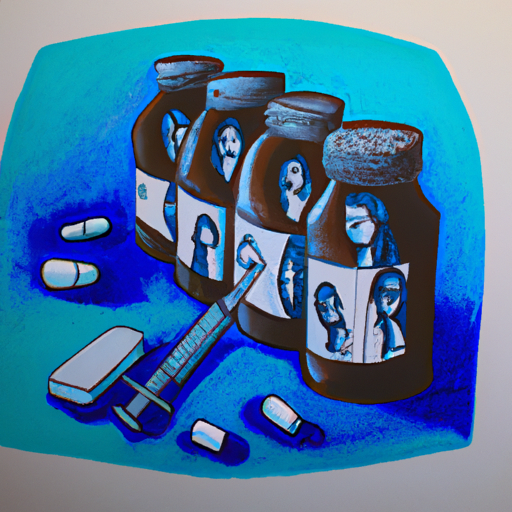Addressing the Canadian Opioid Crisis: How Saskatoon Health Region is Pioneering a Path
The Canadian opioid crisis is undoubtedly one of the nation’s most pressing public health issues. A surge in opioids-related deaths, such as those from illicit fentanyl, has been declared a public health emergency across the country. Efforts have been redoubled to tackle this crisis at various levels, and one noteworthy example is the Opioid Assisted Recovery Services (OARS) offered by the Saskatoon Health Region. This important information provides valuable insights regarding how a community can respond to this widespread crisis.
Canadian Opioid Crisis – The Current Landscape
The opioid crisis is heavily affecting Canadian society, impacting individual health, the families of addicts, and even community safety. Opioid overdoses have become a leading cause of death, with a considerable increase in homelessness correlated with opioid addiction, and a rise in crime rates associated with opioid misuse.
Opioid Assisted Recovery Services – A Responsive Initiative
In response to this crisis, Saskatoon Health Region introduced the Opioid Assisted Recovery Services (OARS). OARS aims to help those struggling with opioid addiction by providing services that encourage recovery and promote overall well-being.
Components of OARS
OARS is a comprehensive program with several key elements:
- Supportive counselling to facilitate recovery
- Medication-assisted treatment to ease withdrawal symptoms
- Access to naloxone to prevent overdoses
- Allotted care management sessions
- Long-term follow-ups post-recovery to prevent relapse
Understanding the Impact of OARS
As part of the larger Canadian opioid abatement class action, this regional program offers a multifaceted approach that could serve as a template for other regions addressing their local opioid crisis. With improved management of opioid withdrawal symptoms and support systems in place to mitigate relapse risk, OARS has the potential to be a significant tool in the fight against the opioid crisis.
Key Takeaways from the Saskatoon Initiative
Looking at the Saskatoon OARS initiative, there are several key points to consider:
- Direct, community-level initiatives can have a significant impact on addressing the opioid crisis.
- Having multiple treatment modalities (counselling, medication, naloxone availability) proves much more effective than a singular approach.
- Supportive counselling and follow-ups are essential in facilitating recovery and preventing relapse of opioid addiction.
- The efforts of Saskatoon Health Region underscore the need for more proactive, comprehensive measures to alleviate the opioid crisis across Canada.
- Combining public health initiative with criminal justice efforts can result in more effective solutions.
Final Thoughts
The pressing nature of the Canadian opioid crisis necessitates robust action on multiple fronts. The Opioid Assisted Recovery Services offered by the Saskatoon Health Region provides a framework for how multifaceted community-level initiatives could go a long way in mitigating the consequences of opioid misuse. Integrating services for counselling, medication-assisted treatment, and long-term follow-ups demonstrates a comprehensive approach to dealing with the complex issue at hand. It encourages other communities and regions to implement similar measures in their fight against the opioid crisis.
